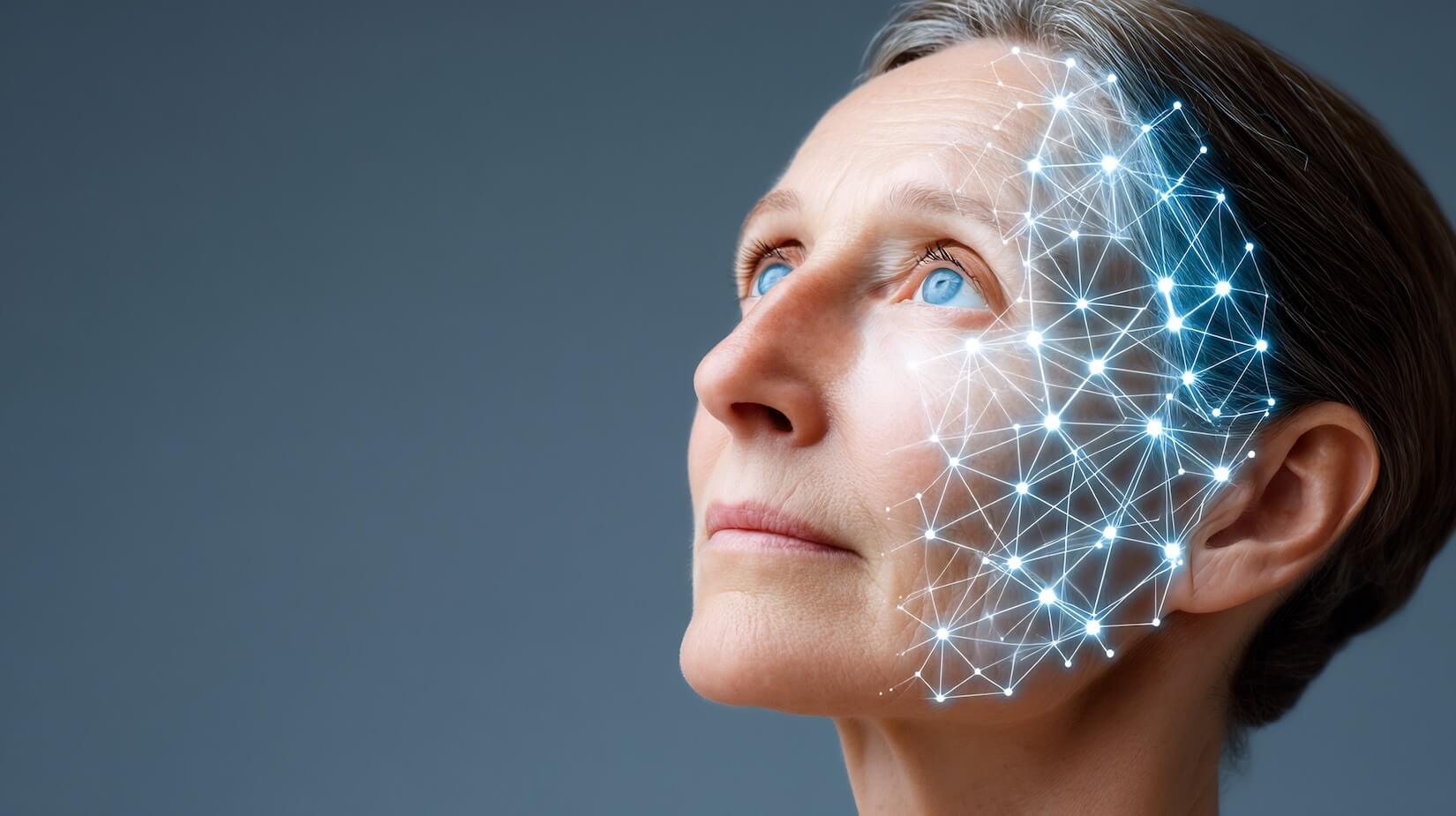Depending on your situation, rhinoplasty can be considered major surgery with many factors involved in the recovery process. Even with the proper aftercare, it will still be several months before you fully heal from the surgery — but the final results will be worth the wait. If you are unhappy with the appearance of your nose, have suffered trauma to the nasal area, or have functionality problems, schedule a consultation with board-certified plastic surgeon Dr. Manish Shah at Shah Aesthetic Surgery in South Denver to see if rhinoplasty is the right procedure for you.
What can I expect during rhinoplasty surgery?
Rhinoplasty procedures are typically performed in fully accredited outpatient surgery centers. Dr. Shah uses board-certified anesthesiologists with an M.D. and prefers to use full general anesthesia because he believes it allows for better control of the patient’s airway.
Only Dr. Shah will be in contact with the patient during rhinoplasty, and he is the only person who will be operating on your nose. Patients typically experience very little bleeding or postoperative bruising. Postoperative nausea and vomiting after rhinoplasty is also fairly rare. Pain control is easily managed, and most patients stop using medication by their second postoperative day. A patient will rarely wake up with nasal packing. If extensive work is done to straighten a deviated nose, Dr. Shah will often leave temporary internal splints to help mold the airway and ensure that breathing will ultimately be improved after the surgery.
What happens right after rhinoplasty surgery?
All patients have an external molding splint left on for at least seven days after surgery. This helps stabilize the skin and keep any surgically fractured nasal bones in place. The first week is typically the hardest for patients to adjust. They will be sleeping with their heads elevated and applying ice packs to reduce bruising and swelling. Patients are not allowed to get their faces wet, so hair washing is a bit difficult to do.
Dr. Shah recommends bathing during this first week. A cool-mist humidifier at the bedside is very soothing for the face and throat after rhinoplasty. After this week, you will typically have your external splint and any external sutures removed. At this point, you will be taught the second phase of your care. You will be allowed to rinse out your nose with saline spray and use oral decongestants to unclog your airways.
What can I expect in the months following rhinoplasty surgery?
Our staff will teach you the proper nightly taping techniques and soft tissue massage to help mold your nose. You should avoid eyeglasses, sunglasses, or ski goggles for at least two months to avoid shifting fractured nasal bones. Your nose may swell after the splint is removed, but with time, it will decongest. The upper part of the nose settles in after about three months. The bones are at their hardest at this point. For the next 5 – 6 months after this, most patients don’t notice big changes.
Finally, around 10 – 12 months following the surgery, the tip of the nose finalizes its cosmetic outcome. Patients must realize that patience is mandatory because it will be at least one year before they see how their rhinoplasty surgery turned out.
Where can I find more information about rhinoplasty in the South Denver area?
At Shah Aesthetic Surgery in South Denver, Dr. Manish Shah and the rest of the staff are dedicated to providing the very best in plastic surgery to give you the look you’ve always wanted. Dr. Shah believes in the informed patient and only performs natural-looking surgeries. If you feel that rhinoplasty surgery is the right procedure for you, contact Dr. Shah for a comprehensive consultation today.




